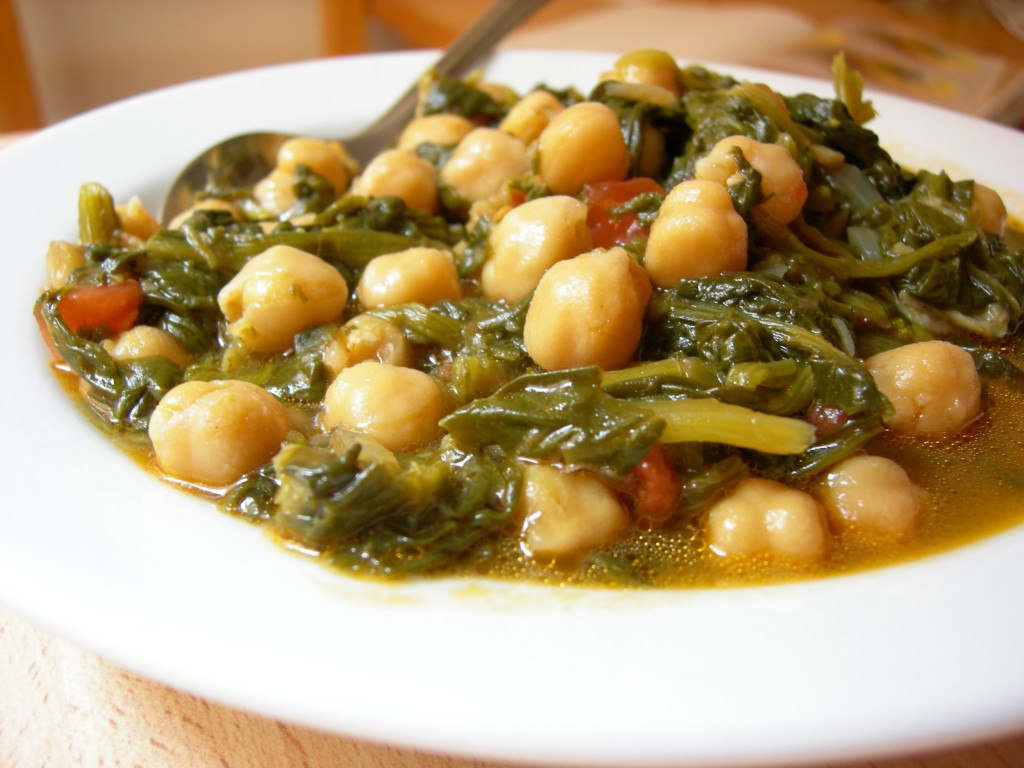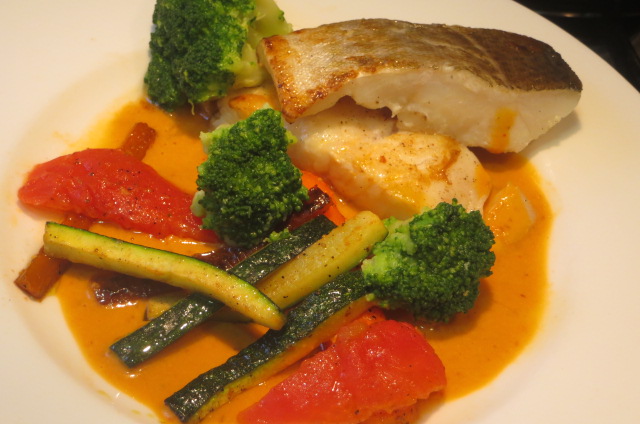https://encrypted-tbn1.gstatic.com/images?q=tbn:ANd9GcSu3FbNJi_1uQn9JXQBFM8maESWlZwET_meaHEwb2UdjtLsp2FrjvUk_g
The dates of the celebration differ on a yearly basis because the celebration is tied to a cosmic phenomenon. Ever since the Roman emperor Constantine the Great called the Council of Nicaea in 325 A.D., Easter is said to be the “first Sunday after the full moon following the vernal equinox in the northern hemisphere, Easter can never be celebrated before March 22.”
According to Enforex, cities, towns, and villages
across all of Spain celebrate Semana Santa. Each city has its own unique Holy
Week celebrations, but Seville is known to have the best experience.
Each celebration usually has two beautifully decorated
floats, one of the Virgin and the other of a scene from Christ's Passion. There are up to forty men who haul the float
on shoulders and control its motion. Those
are accompanied by the music of coronets and drums.
Enforex states that thousands of nazarenos, or
penitents, walk along with the float, some even barefoot, which is impressive because
the parade usually lasts 14 hours. Some women and men dress up formally for the event.
According to Enforex, the beginning point of the
history of the festival is the death of Christ.
A significant point in the history of the Semana Santa
is 1521, when the Marqués de Tarifa returned to Spain from the Holy Land. After
his journey, “he institutionalized the Via Crucis (Stations of the Cross) in
Spain and from that moment on this holy event was celebrated.” Over time, the celebration eventually broke
into the various scenes of the Passion, with the incorporation of portable
crosses and altars. This would eventually lead to the present celebration.
According to the University of South Carolina, during
Semana Santa, the true Catholics do not eat meat. So, during the week, many
restaurants serve fish and fresh vegetables as their meals of the day. “Bacalao
con vegetales” (cod fish and vegetables) or “garbanzas con espinicas”
(chickpeas and spinach) are some of the typical dishes. Also, rice pudding or
“andalucia” is a popular dessert.
Bacalao con vegetales
http://jugandoconfogones.es/wp-content/uploads/2013/06/bacalao-con-verduras-emplatado.jpg

Garbanzas con Espinacas
http://www.asilococino.com/wp-content/uploads/2011/04/DSCN3516-1024x768.jpg
Andalucia
http://www.recetaarrozconleche.com/ImagenesRecetaArrozConLeche/ImagenesRecetaArrozConLeche/receta-arroz-leche-miel.jpg
To see photos of the celebration, visit:
http://content.time.com/time/photogallery/0,29307,1889483,00.html
http://content.time.com/time/photogallery/0,29307,1889483,00.html
See you next week for more on a new holiday tradition and related foods!



No comments:
Post a Comment